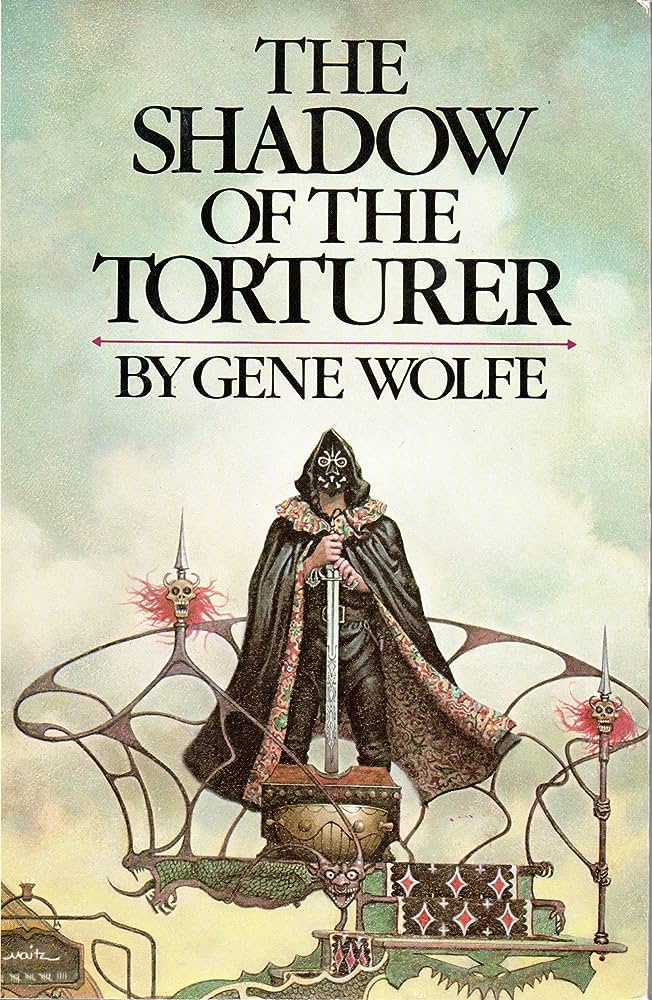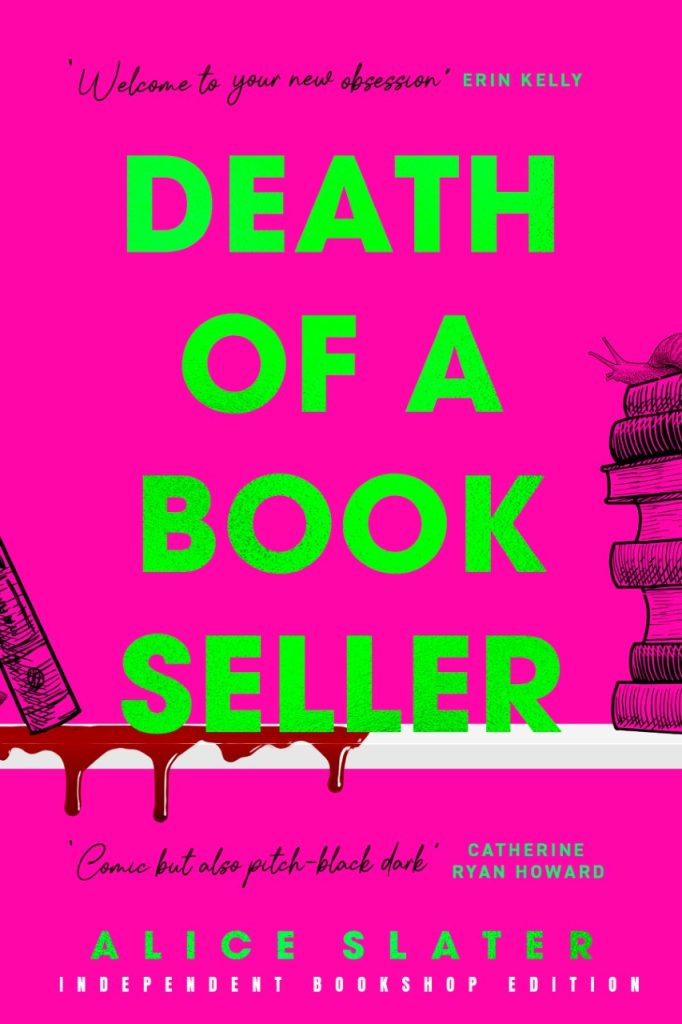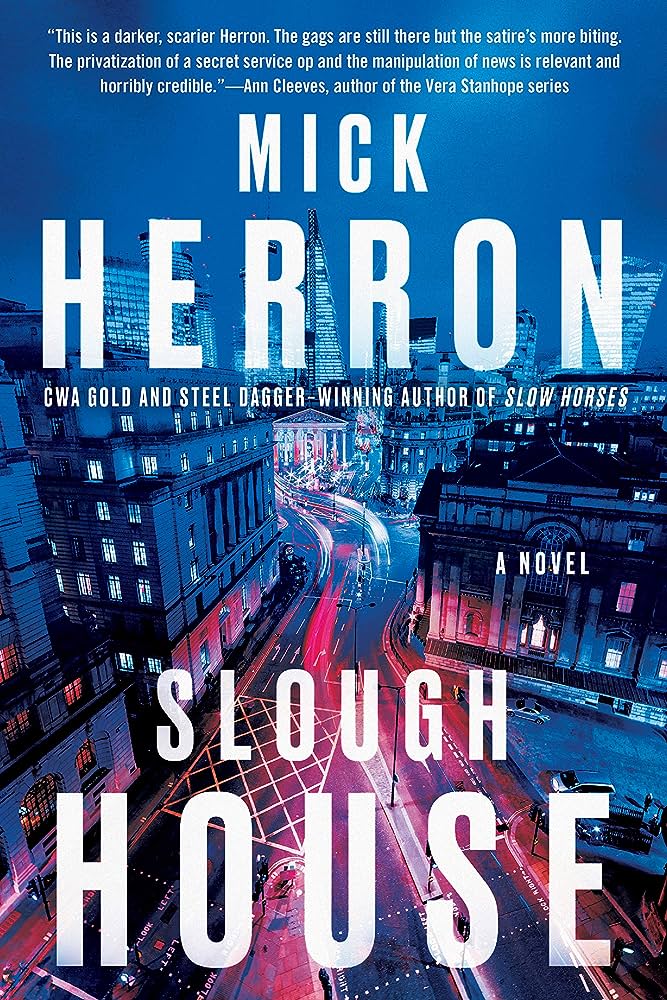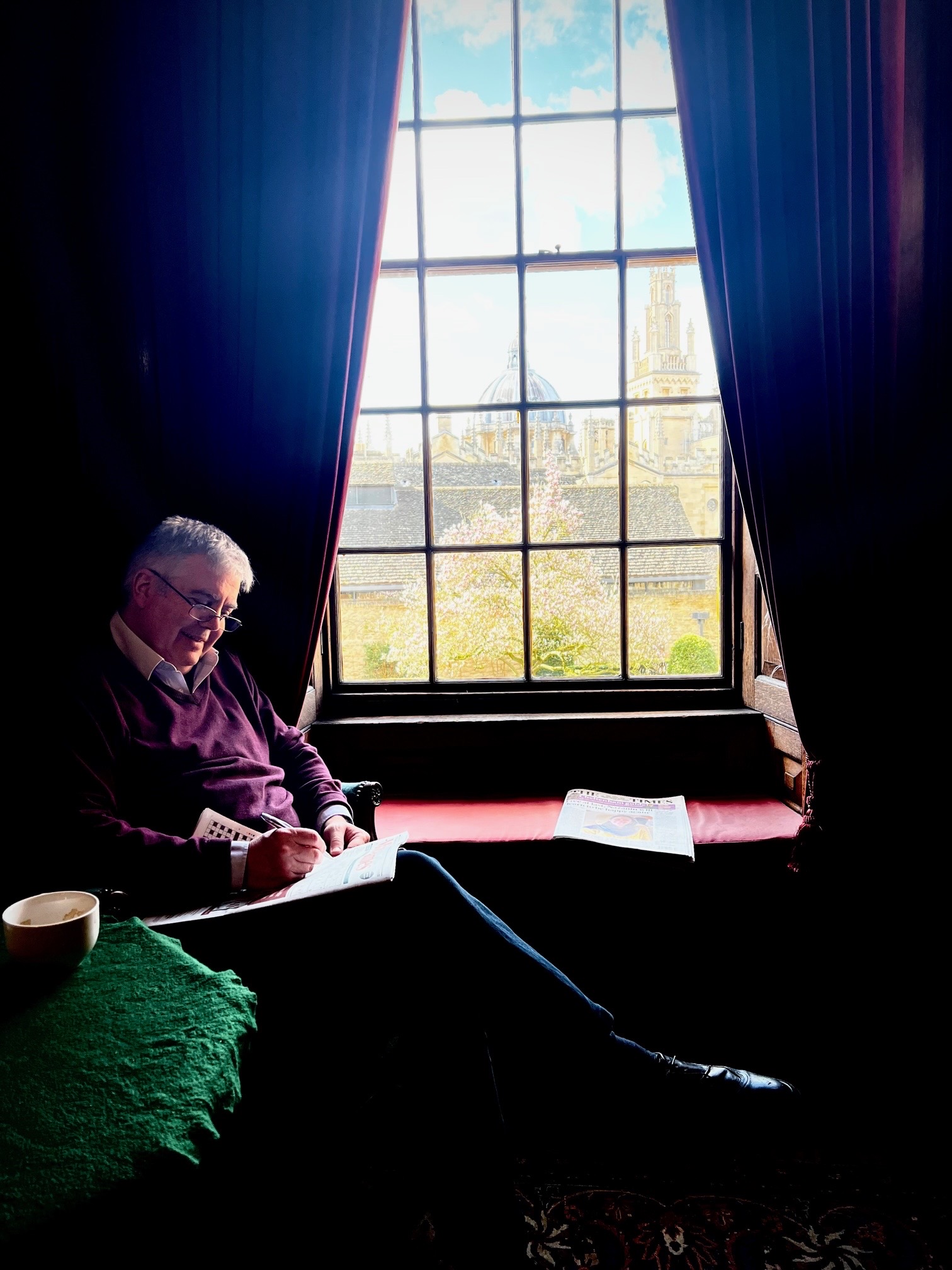Each year, we ask our Library staff to recommend some summer reading. A wonderfully eclectic and fascinating list always emerges, so prepare to dip your toes into something special.
Felix Taylor, Library Assistant
The Shadow of the Torturer is the first in the Book of the New Sun series by Gene Wolfe, begun in 1980. The narration and obscure vocabulary take getting used to, but it’s masterful sci-fi/fantasy worth the effort of fumbling for a dictionary every time you sit down to read a page. The torturer Severian, blessed with perfect memory, recounts his early life in the sepulchral city of Nessus as he navigates political conspiracies and the pitfalls of his trade. Sword and sorcery written in decadent, dreamy prose.
I also recommend The Goshawk by T. H. White for a summer read – take a vacation to a Buckinghamshire cottage as White attempts to train a goshawk using the medieval falconry methods he found in books, rather than modern techniques. The account features in Helen Mcdonald’s H is for Hawk as an example of how not to go about it. Do not, for example, spend three continuous days keeping the bird awake. The writing, however, is sparkling and playful, from the pen which wrote The Sword in the Stone. Man confronts feral nature, becomes feral himself. Drinks a lot, forms a twisted bond with bird of prey.

Sarah Arkle, Deputy Librarian
I’ve just returned to work from a two-week break with family in Greece, where I mainly spent my time pool adjacent with a book in hand. I managed to finish 12 books over the course of two weeks, I’ll not go quite so far as to recommend all of them here, but some stand-out reads from that selection are below:
The Rachel Incident – Caroline O’Donoghue
A fun and easy to read novel that is ultimately a love story about best friends. It was actually my best friend who introduced me to O’Donoghue via the very fun podcast Sentimental Garbage, so this one felt especially, well, sentimental for me! It’s about two friends and a messy entanglement with a married professor and I flew through it in an afternoon.
Death of a Bookseller – Alice Slater
This was another very fun read, it was very pacey and hard to put down. It has two narrators who both work as booksellers in London, one being the true crime obsessed Roach and the other being the true crime repulsed Laura. The two share a dark connection that Roach is keen to explore but Laura is desperate to stay away from. The book dealt well with some of the ethical considerations of true crime obsession and was another one that I read in more or less one sitting.
Brutes – Dizz Tate
I actually read this just before I went away but wanted to include it here as it feels like a good summer read. Set in sweltering Florida heat and told by a disorienting first person plural narrator, the novel concerns a group of young girls and their friend who goes missing. It’s hazy with magical realist elements, and has been described as a ‘Lynchian reinterpretation of the Virgin Suicides’ – who doesn’t want that energy at the beach with them!?
The Poisonwood Bible – Barbara Kingsolver
I picked this up off a shelf of books left in the villa I was staying in because I had read all the books I brought with me, and because I’m interested in reading Demon Copperhead for which Kingsolver has just won the women’s prize for fiction. What a novel! The story concerns the Price family, led by patriarch Nathaniel they move to Africa as Christian missionaries, an effort which ultimately leads to the family’s undoing. I especially enjoyed that the book was narrated by Price’s wife and four daughters, so their voices and experiences were centred in the narrative. It is unlike anything I’ve read recently.

Matthew Shaw, Librarian
The stereotype of a librarian with their nose in a book is not without some basis in reality, but as well as consuming texts, it’s not unusual for librarians to produce them. So, putting false modesty aside, I recommend my Inky Business: a history of newspapers from the English Civil Wars to the American Civil War. Newsprint never fails to be far from the 24-hour news cycle, even in these days of social media, becoming the centre of the story, whether about breaking controversial stories, shaping the political agenda, or as one broadsheet recently demonstrated, potentially being put up for sale by its bankers. Inky Business tells the story of how and why newspapers took off, looking at the people and technologies that made it happen. In the words of the New European, it’s ‘a rip-roaring read . . . an enthralling chronicle of news-gathering and presses rolling’. Sounds like a summer read, to me.
Answering the brief more objectively, if probably not with novelty, the Slough House series of spy thrillers by Oxford’s Mick Herron are worth adding to the Kindle. The plots might not bear much scrutiny, although the set-up of at least a couple of the books, which are set in near contemporaneous London in a half-way house for HR troubled spooks, have echoes of real-world events, but the ludic use of language, enjoyment of the characters and the perfect capture of work in a dismal office make these addictive. I used to work in a temp job in the early noughties opposite the main setting of the novel, and the ennui as well as the locale are rendered perfectly. And if that’s not enough, in this 400th anniversary year of the publication of Shakespeare’s First Folio, you can enjoy the knowledge that Slough House is probably built on the site of its printer, Isaac Jaggard, just opposite the Barbican. Herron read English, so it may not be a coincidence.




